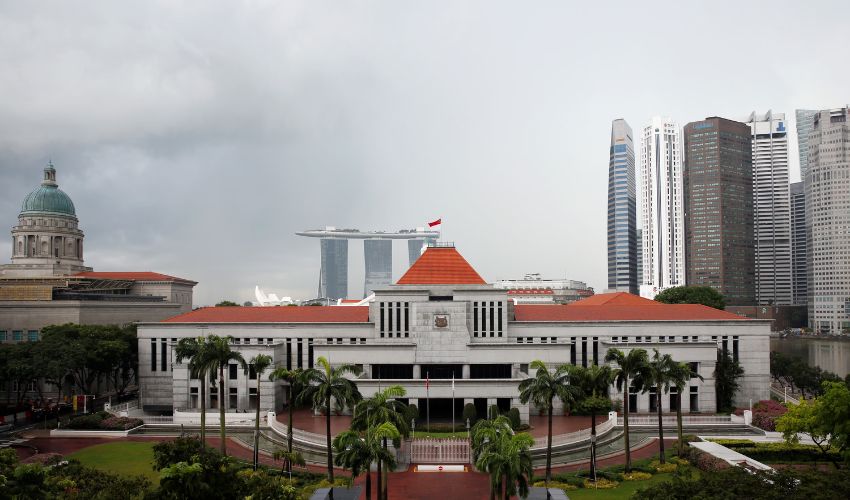The United States has announced the termination of deportation protections for thousands of Afghans and Cameroonians residing in the country under the Temporary Protected Status (TPS) programme.
The move, part of a broader immigration crackdown under former President Donald Trump’s renewed political agenda, will affect an estimated 14,600 Afghans and approximately 7,900 Cameroonians. According to the DHS, Afghan nationals will lose their protected status by May 2025, while Cameroonians will face the same outcome by June.
A DHS spokesperson, Tricia McLaughlin, said the decision followed Homeland Security Secretary Kristi Noem’s determination that conditions in Afghanistan and Cameroon no longer warranted protected status.
TPS, a humanitarian programme introduced in 1990, provides deportation protection and work permits to nationals of countries facing armed conflict, natural disasters or other extraordinary circumstances. The status is typically granted for 6 to 18 months and can be extended at the discretion of the Homeland Security Secretary.
The Trump administration’s decision is seen as part of a broader effort to reduce legal protections for migrants. Since returning to the political spotlight, the Republican leader has criticised Democratic immigration policies, particularly those initiated under former President Joe Biden, arguing they have exceeded legal limits and encouraged unlawful migration.
President Trump, who assumed office in January following his re-election bid, has vowed to deport record numbers of undocumented migrants and has moved swiftly to reverse several Biden-era immigration programmes.
The DHS had previously cited ongoing conflict and insurgency in Afghanistan when it re-designated the country for TPS in 2023. However, the latest review concluded that the justification no longer applies. The decision comes despite continued concerns over Taliban rule and deteriorating human rights conditions in Afghanistan.
Revocation of Parole
The announcement also follows reports that several Afghan migrants who had entered the US under a temporary humanitarian parole—granted following the 2021 evacuation—have received notices to leave the country within seven days.
The US evacuated over 82,000 Afghans following the Taliban’s return to power, of which more than 70,000 were admitted through two-year humanitarian parole. For many, TPS was a supplementary avenue to seek legal protection.
However, recent notices sent to some parolees, including those who entered through the CBP One app—a Biden-era initiative allowing migrants to apply for entry via mobile application—indicated that their parole had been revoked. The DHS has since confirmed that some revocations have taken place but did not disclose the number of individuals affected.
“DHS is exercising its discretionary authority,” McLaughlin said in a statement. “Affected individuals are urged to voluntarily self-deport using the CBP Home App.”
Immigration advocates expressed concern over the lack of clarity and due process, especially in light of erroneous messages sent last week to Ukrainian nationals, which were later deemed to have been mistakenly issued.
Legal experts and humanitarian organisations have warned that revoking TPS and parole without adequate legal pathways or safeguards could endanger vulnerable populations who face persecution, violence, or instability in their home countries.
Meanwhile, the administration continues to face legal challenges. In March, a US district judge halted an earlier attempt by the Trump administration to terminate TPS for Venezuelans, criticising what he described as the portrayal of migrants as criminals, noting that it "smacks of racism."



























